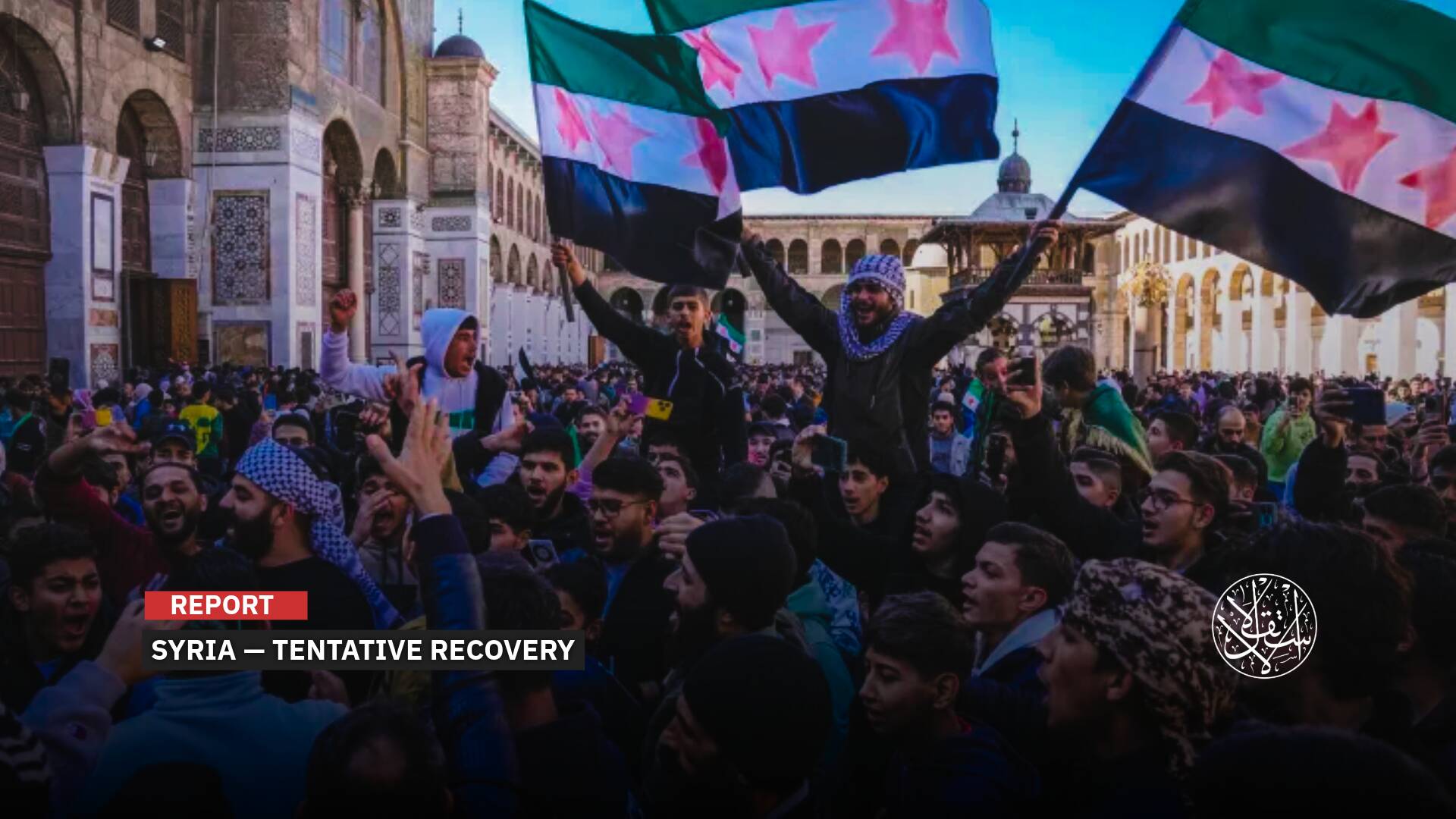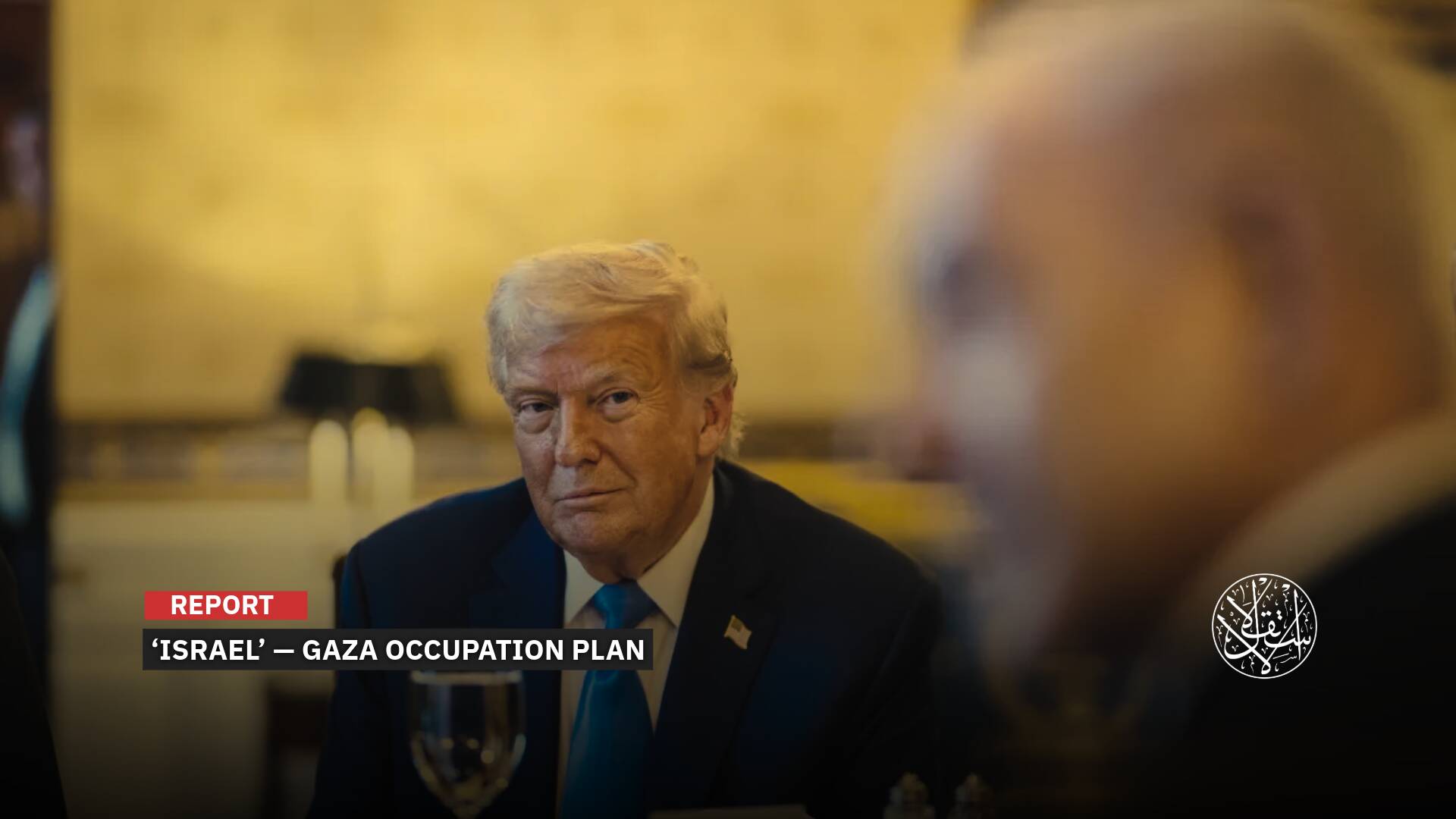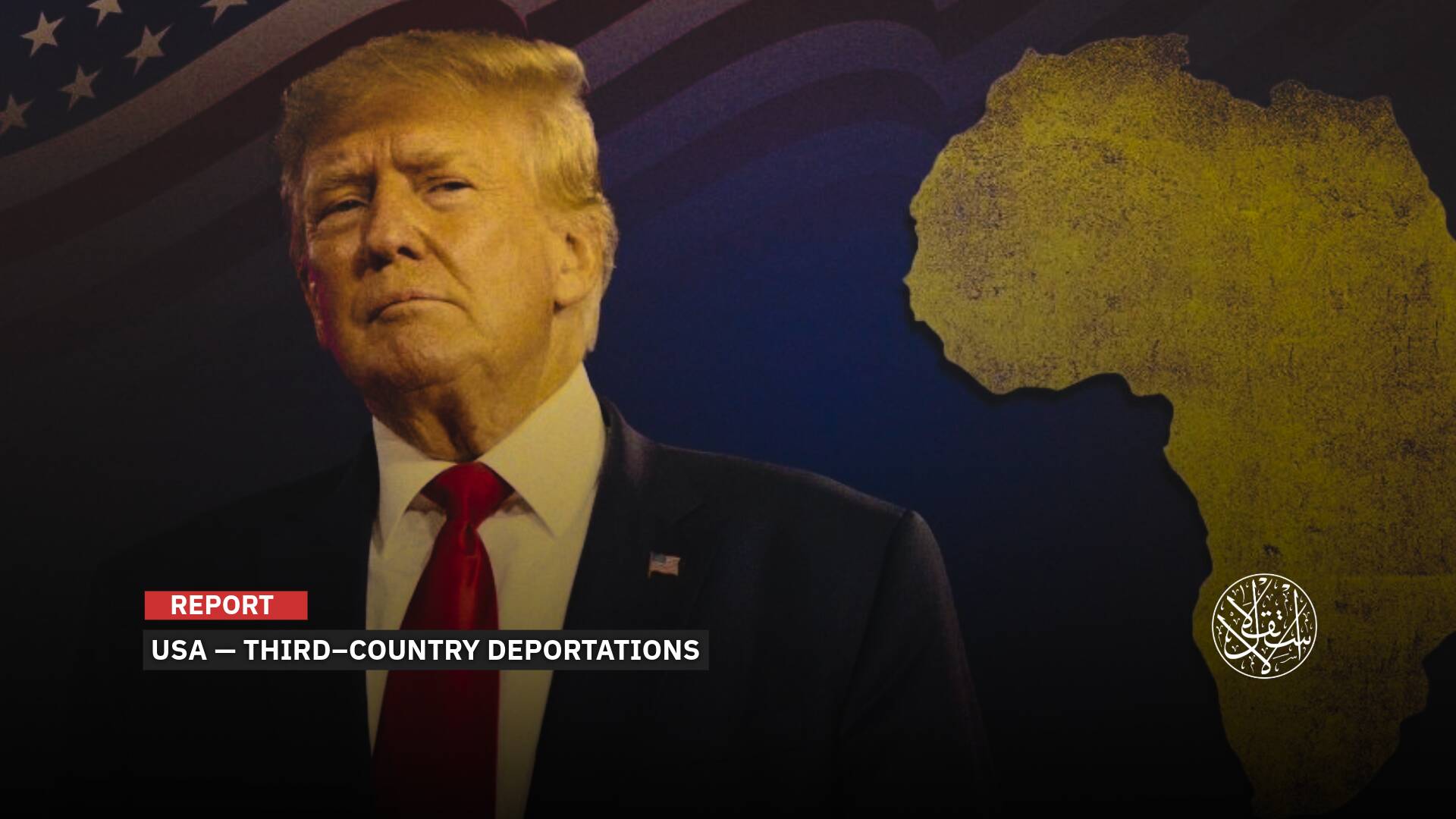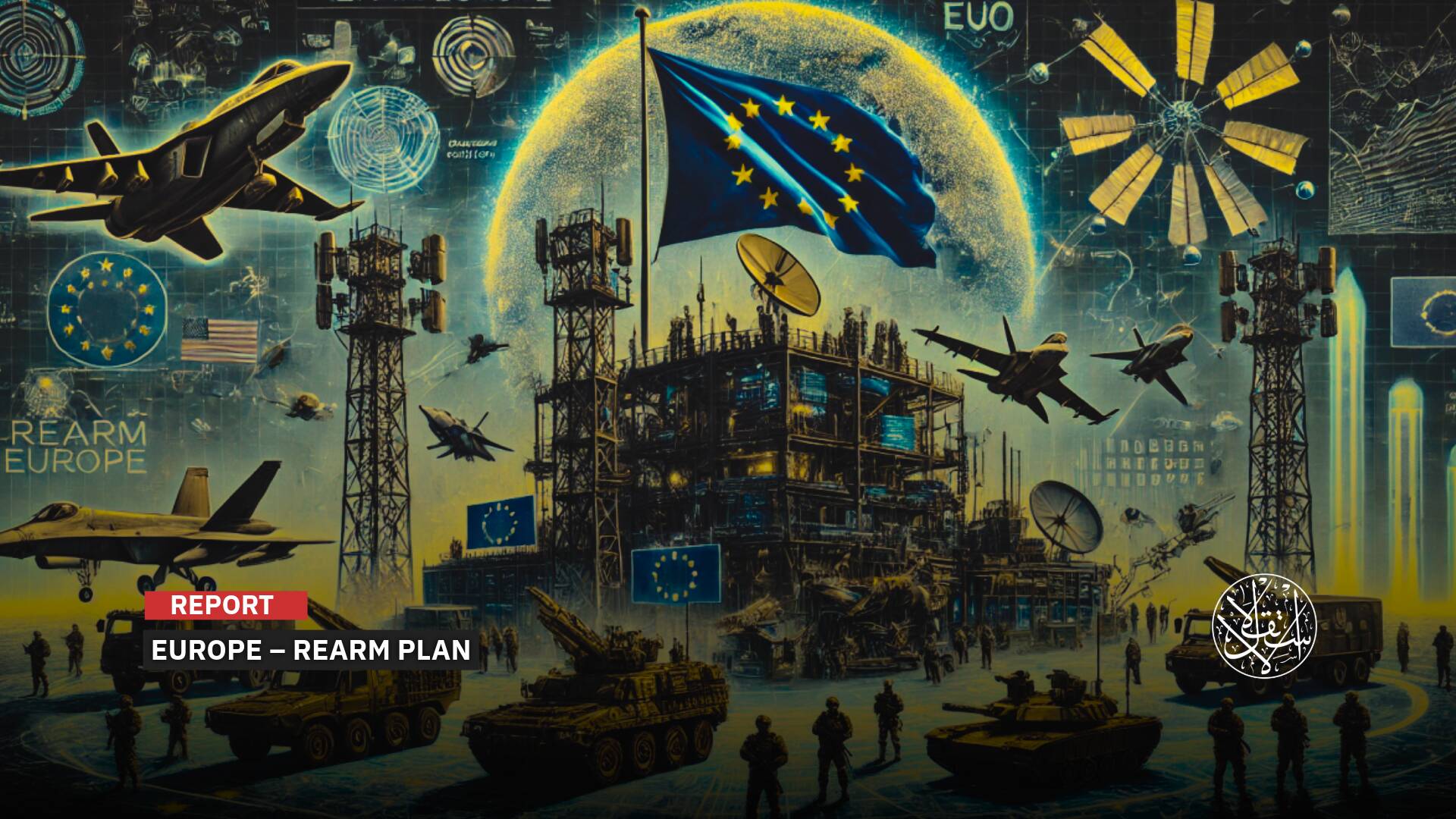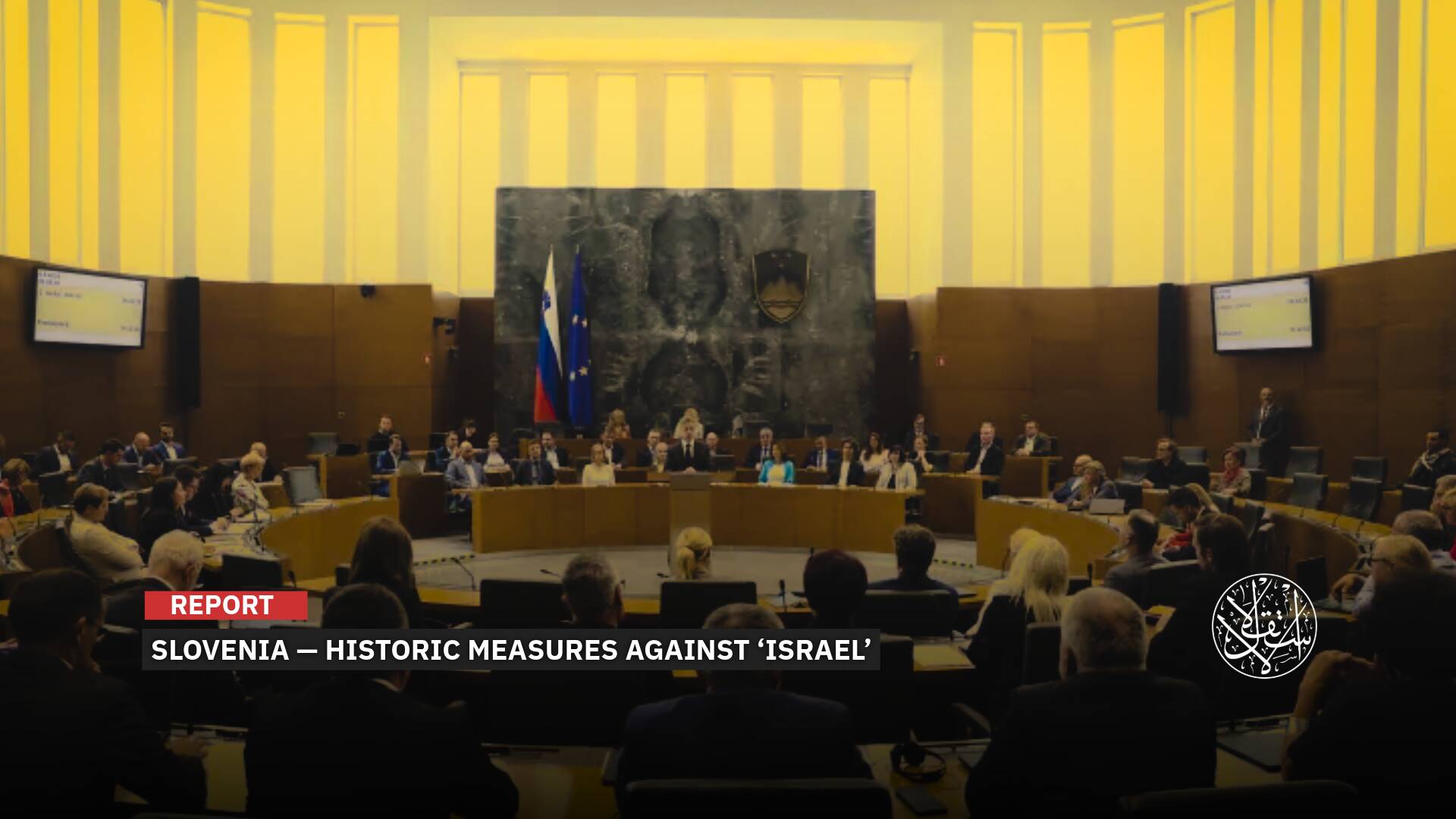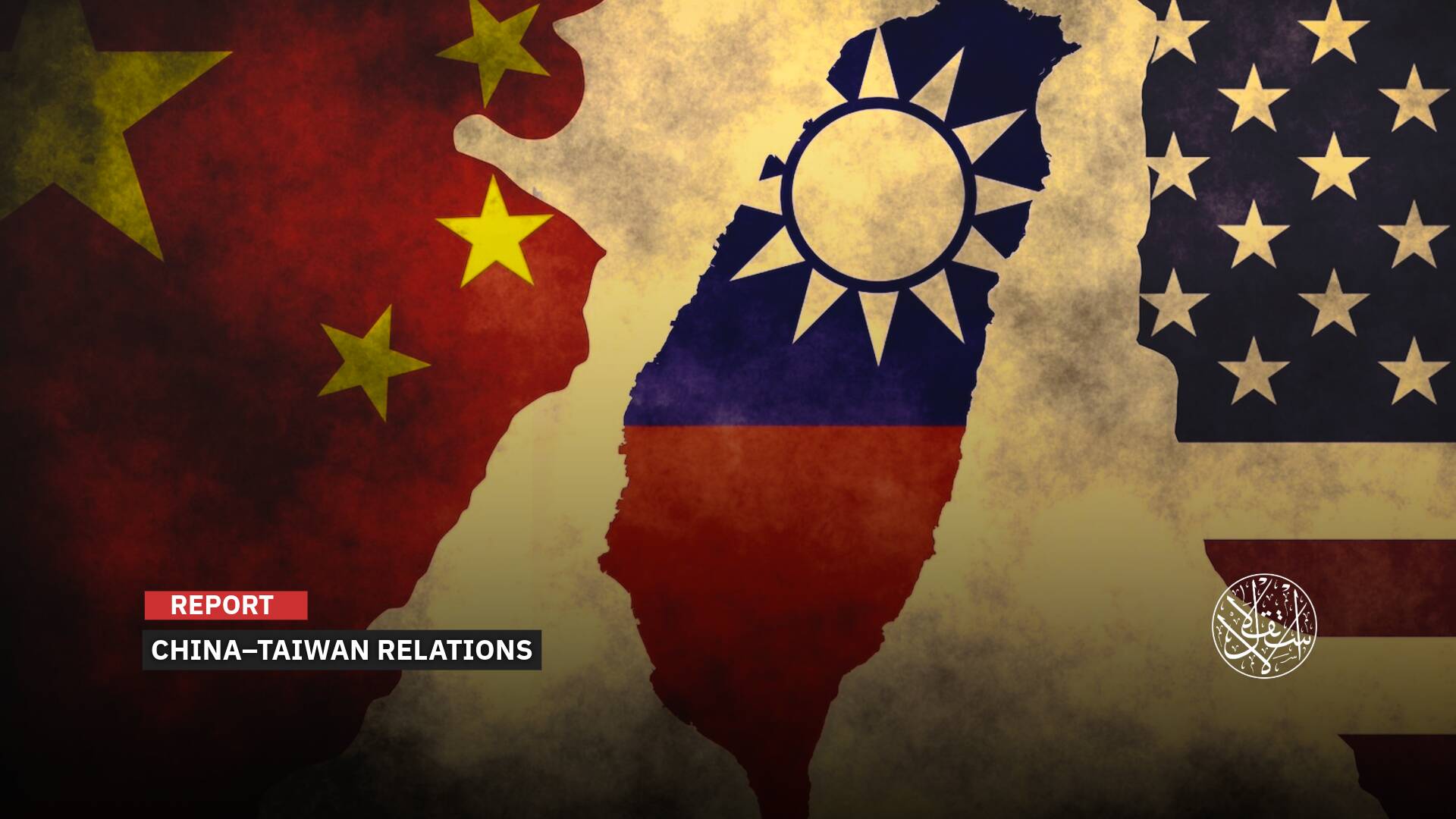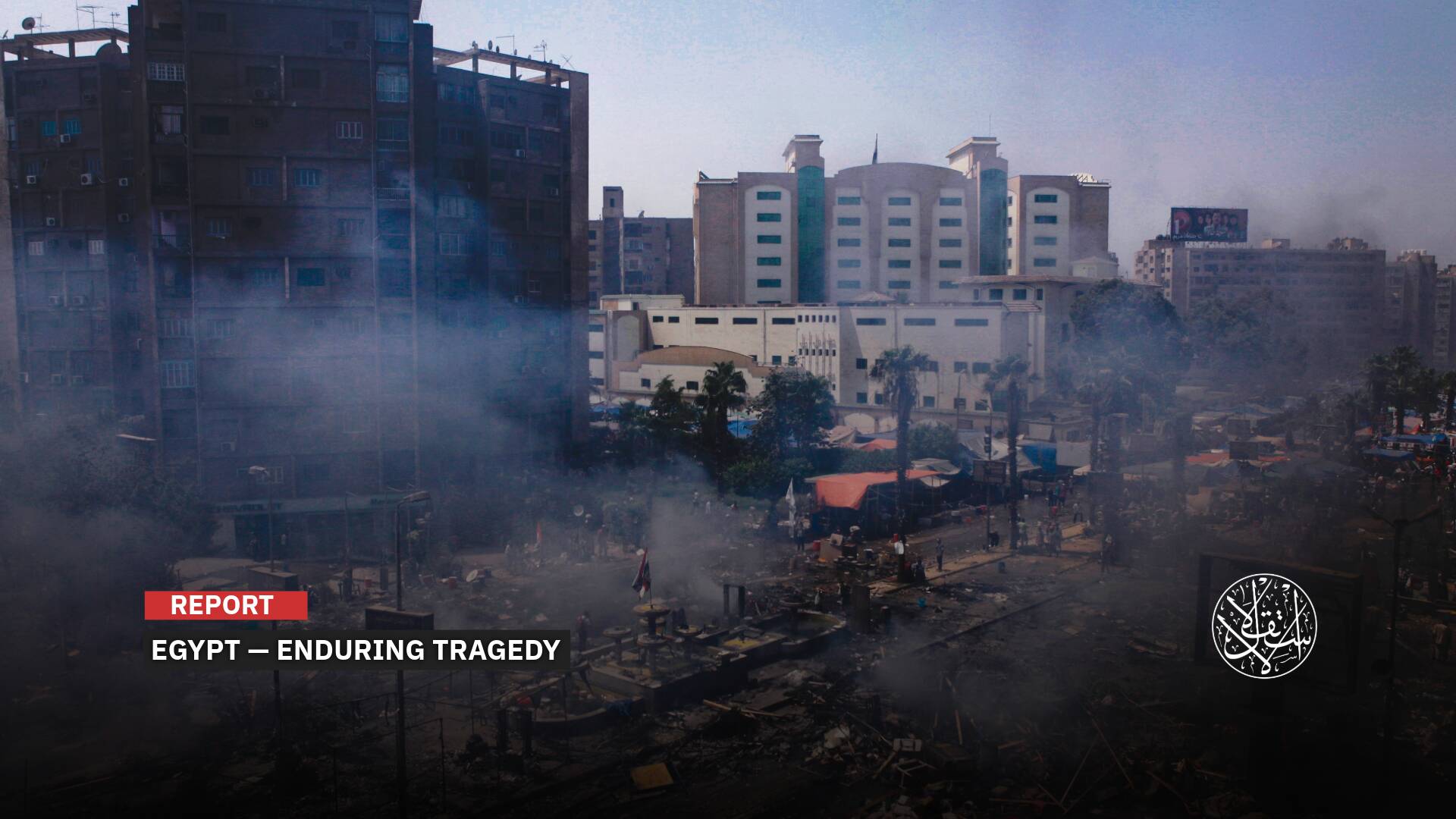With a Promise to change, Mohammad Hasan Akhund Starts his Mission as Taliban's Prime Minister

Despite his being on a UN sanctions list, Mohammad Hasan Akhund is appointed as the Head of Taliban new government in Afghanistan three weeks after the group took total control of the country after a rapid offensive. Mohammad Hasan Akhund was a close aide to the group’s late founder Mullah Omar, and now, he is named as head of Afghanistan’s new government, a caretaker cabinet, which is formed to carry out the necessary government works.

Taliban’s New Leader
On August 15, 2021, The Taliban's return to rule brought an end to almost 20 years of the American forces’ presence in the country. Heavily armed Taliban fighters entered the abandoned presidential palace in Kabul where they announced their total control of the country.
This was the moment everyone of the Taliban group has waited for a long time. After the withdrawal of the last American soldier and without wasting too much time, a caretaker cabinet was formed led by Mohammad Akhund.

The latter was appointed by the Taliban as head of Afghanistan’s acting government on September 7, 2021. This “ new Islamic government” is made up of 33 members. The ones who were members of the old guard of the group are on the top of the list.
“ Abdul Ghani Baradar, the head of the Taliban’s political office, will be the deputy leader while Sirajuddin Haqqani, son of the founder of the Haqqani Network, has been named as interior minister.
Also “Mullah Mohammad Yaqoob, son of Mullah Omar, has been named as defence minister. Hedayatullah Badri will be the acting minister of finance, while Amir Khan Muttaqi, a Taliban negotiator in Doha, was named foreign minister.”
Before Taliban’s total control of Afghanistan, Mullah Akhund was named as the foreign minister and then appointed as deputy prime minister from 1996 to 2001.
Who is Akhund?
Hassan Akhund is from southern Afghanistan. He was born in Pashmul, in Kandahar Province of the Kingdom of Afghanistan. The UN is still not sure about his year of birth. According to Al-Jazeera, Hassan Akhund's Pashtun lineage descends from Ahmad Shah Durrani, the founder of the Durrani Empire in 1747.
Mohammed Akhund studied in various seminaries in Afghanistan. Unlike many Taliban leaders, Hassan Akhund did not participate in the Soviet–Afghan War.
Hassan Akhund is from southern Afghanistan. He was born in Pashmul, in Kandahar Province of the Kingdom of Afghanistan. The UN is still not sure about his year of birth.According to Al-Jazeera, Hassan Akhund's Pashtun lineage descends from Ahmad Shah Durrani, the founder of the Durrani Empire in 1747.
https://images.theconversation.com/files/419873/original/file-20210907-26-18u1i66.jpg?ixlib=rb-1.1.0&q=45&auto=format&w=1200&h=900.0&fit=crop
Mohammed Akhund studied in various seminaries in Afghanistan. Unlike many Taliban leaders, Hassan Akhund did not participate in the Soviet–Afghan War.
He is one of the oldest members of the Taliban group, and was a close associate of Mohammed Omar, the first leader of the movement. Until 2001, and during the Taliban control, he served as the deputy foreign minister of Afghanistan from 1996 to 2001, in addition to being the deputy prime minister during the same period. Like other Taliban leaders of the group, he is subject to United Nations sanctions as he was considered as a terrorist.
When the Taliban regained power in 2021, Hassan Akhund was appointed interim Prime Minister. ”His appointment was seen as a compromise between Taliban's moderate and hardline figures.”
Taliban, Again
The US officially ended its longest war in Afghanistan which began soon after the terrorist attacks on September 11, 2001.
In the same year, US-led forces removed the Taliban from power. However, this time, it was the role of the Taliban movement to win through a rapid offensive, seizing control once again.
The group entered direct talks with the US back in 2018. In February 2020 the two sides had a peace deal: the US was committed to withdrawal and the Taliban to prevent attacks on American forces. In doing so, other promises were mentioned in the deal like not allowing al-Qaeda or other militants to operate in areas it controlled and proceeding with national peace talks.
However, in the next year, the Taliban continued to target Afghan security forces and civilians, advancing rapidly across the country.
After the government collapsed, according to AP News, the Taliban army fanned out across the capital, Kabul as it was the last major country controlled by the movement and announced “ an open Inclusive Islamic Government” and the restoration of the Islamic Emirate of Afghanistan. At that moment, Kabul was “gripped by panic.”

Fearful that the Taliban could reimpose the kind of brutal rules eliminating women’s rights to go to schools, work, and dress whatever they want, Afghans rushed to leave the country. According to AP news, the Taliban forced women to wear the all-encompassing burqa and be accompanied by a male relative whenever they went outside. The movement also banned music, cut off the hands of thieves and stoned adulterers. This is enough to make Afghan people flee the country as soon as possible.
Promise to Change
Though the Taliban had promised a peaceful transition, dozens of nations called on all organizations and parties involved, to respect and facilitate the departure of foreigners and Afghans who decided to leave, according to the same source.
The World, especially Afghans, could not forget what they called “crimes and massacres” the Taliban Movement was responsible for. Many of them fear that the Taliban group will reimpose the harsh interpretation of Islamic Law that they relied on when they ruled the country until 2001.
The Taliban now seek “ to present the movement as a more moderate force . Since taking over, they have promised to respect women’s rights, forgive those who fought against them and prevent Afghanistan from being used as a base for terror attacks”.However, many Afghans are skeptical of those promises.
AP News said that "The Taliban say they want to form an “inclusive, Islamic government” with other factions. They are holding negotiations with senior politicians, including leaders in the former government."

AP News said that "The Taliban say they want to form an “inclusive, Islamic government” with other factions. They are holding negotiations with senior politicians, including leaders in the former government."
The " new" Taliban movement has promised to change and reform the hard rules it had followed for years. At the same time the group will reinforce Islamic law with the encouragement of women to join their government. They say they will provide a secure environment for the return of normal life after decades of war, according to AP News.
Actually with all the efforts that the Taliban do, many Afghans distrust the movement and fear that their rule will be violent and oppressive. Afghans are also afraid of the breakdown of security after thousands of prisoners were freed and " security forces melted away in the face of the Taliban advance.”


